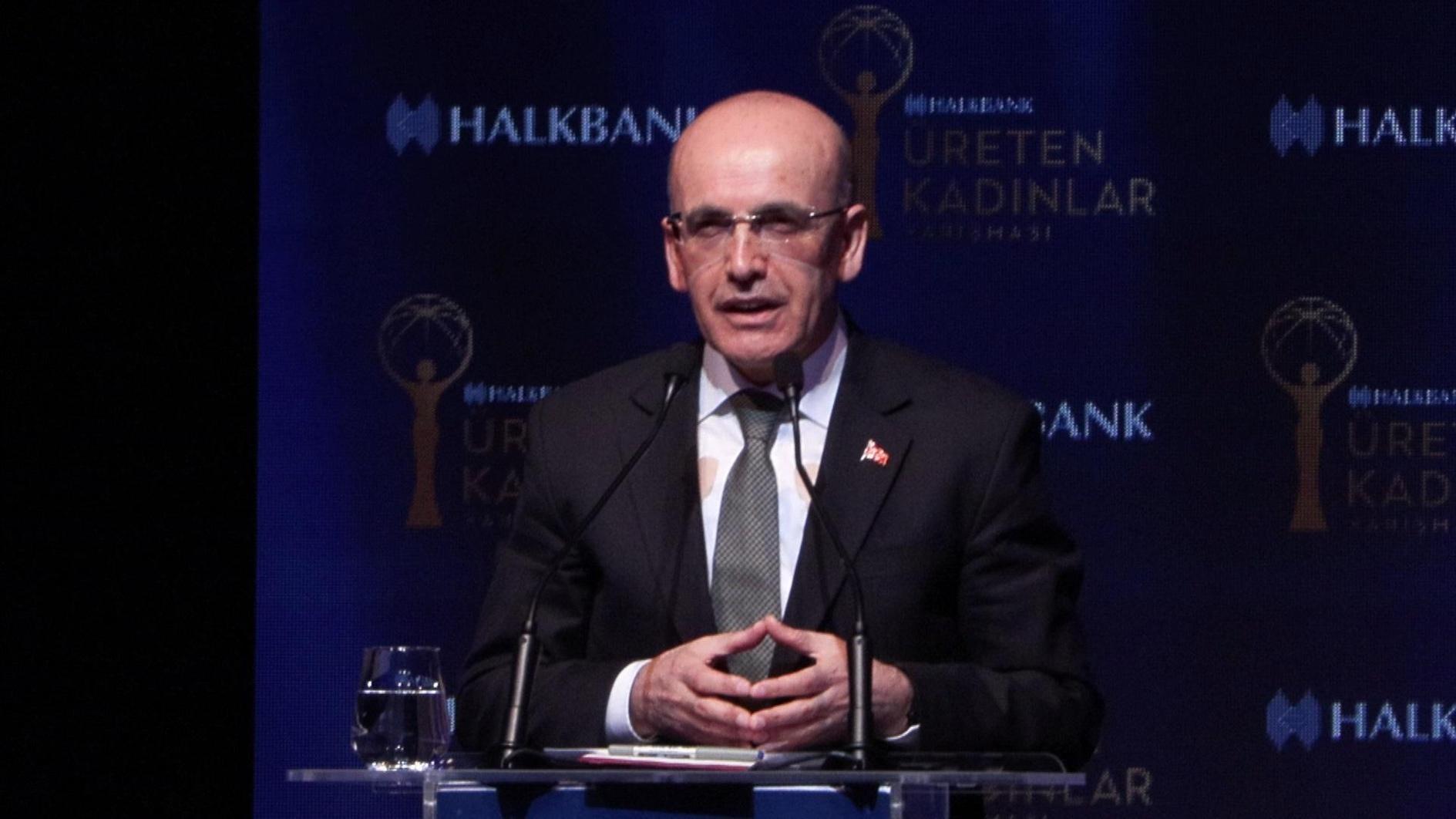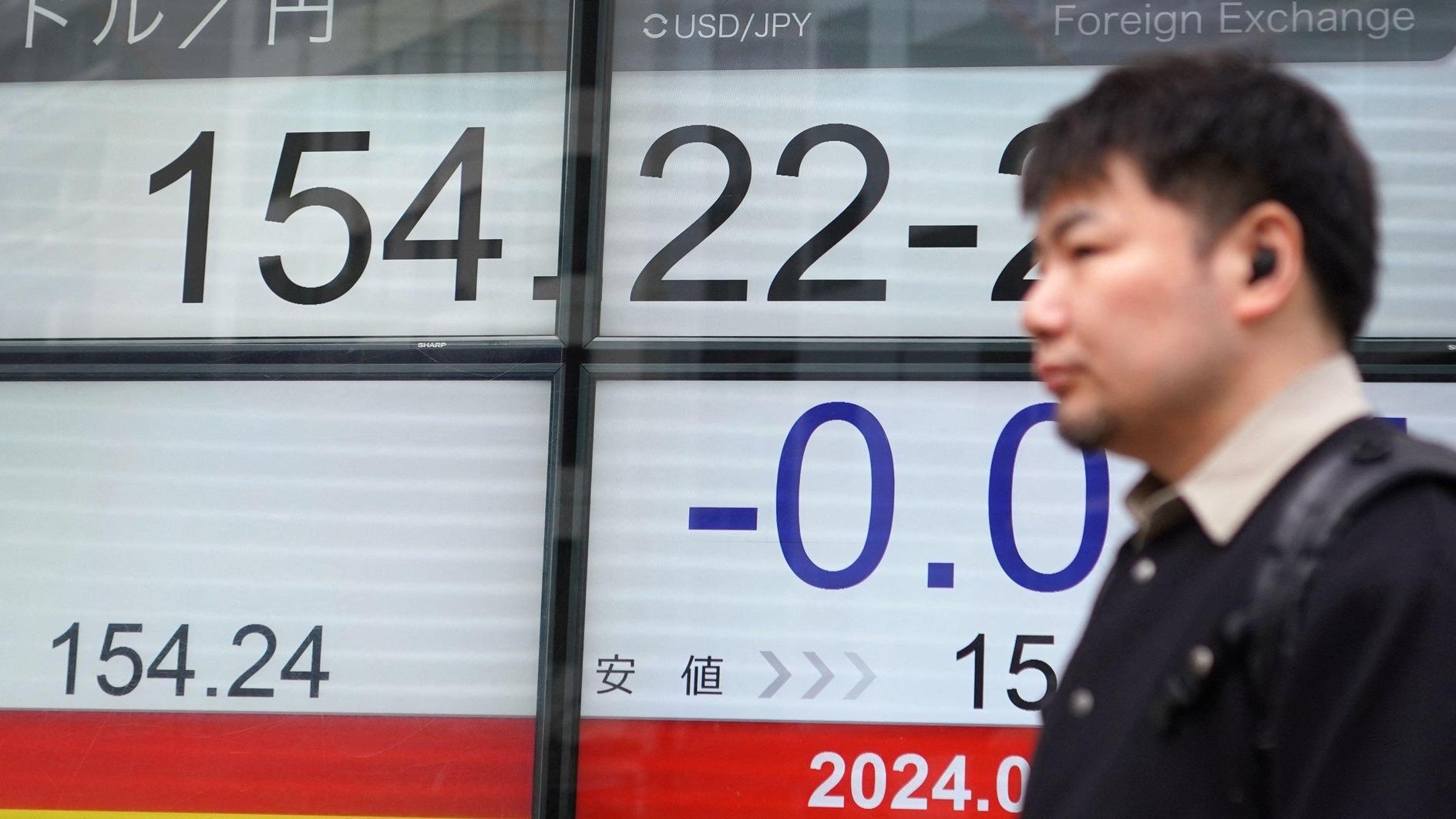Turkey after Gül
Until last week, there was an expectation in Turkey that President Abdullah Gül would somehow be in a power position in the years to come, along with Prime Minister Tayyip Erdoğan. Two scenarios were widely discussed. Either Erdoğan would remain as prime minister and Gül would run for the upcoming presidential elections in August, or, Erdoğan would run for the presidency, but support Gül for the leadership of his Justice and Development Party (AKP) and therefore the prime ministry.
Whether Gül was going to be in a power position with any of these formulas was an important question, because he was notably different. He had repeatedly proven to be a more reconciliatory and liberal-minded figure than the ever-defiant Erdoğan. Some saw this difference between the two men as a good-cop-versus-bad-cop game – in other words, a well-crafted tactic. However, others, including me, believed there were real differences between the two politicians. We also hoped Gül’s continued presence could offer some balance to the political system.
Well, those hopes failed last week, when Gül announced that “in these conditions” he does not have “a political plan.” This was widely interpreted as him “giving up.” It was also interpreted to mean that in Turkey’s leadership now there will be solely Erdoğan and nobody else.
But why did Gül do that? All indications were actually showing that he wanted to continue his political career. That is why commentators focused on his phrase, “under these conditions.”
Word has it that “these conditions” meant that if Gül had accepted the Prime Ministry, he would be only accepting a yes-man position vis-a-vis Erdoğan. Some say he was also politely warned that “the new AKP” Erdoğan has formed over the past seven years during his absence – including a new system of patronage – had to be untouched. But he is not someone who will accept acting as a yes-man and the ineffective manager of a system whose ropes are in the hands of somebody else. So he said no. He took an honorable self-discharge.
Hence Gül, in my opinion, did the right thing. But arguably his departure is bad news for Turkey for two reasons. First, within the conservative camp, he was the most, if not the only, vocal advocate of the liberal principles the AKP had championed during its founding. It was him who remembered the European Union criteria, freedom of speech, the importance of moderation and the nonsense of conspiracy theories. So, his absence will impoverish the political scene.
Secondly, Gül was the only person who could offer some balance to Erdoğan, whose growing accumulation of power is a source of serious concern for everybody else besides his own supporters.
Now, with Gül gone, Erdoğan will be left alone at the top of the state. And Turkey will be left alone with Erdoğan.
In practical terms, this means that if Erdoğan wins the presidency in August, as widely expected, then Turkey will move on to a presidential system, either de facto or de jure. In the former formula, Erdoğan will assume presidency, with its maximum powers, and appoint a loyal name (such as Numan Kurtulmuş or Ahmet Davutoğlu) as prime minister. In the latter formula, he will push for a new Constitution that will make the presidency a tailor-made office, with all the powers possible, for himself. And that second Erdoğan era will go on, at least, for another decade.











